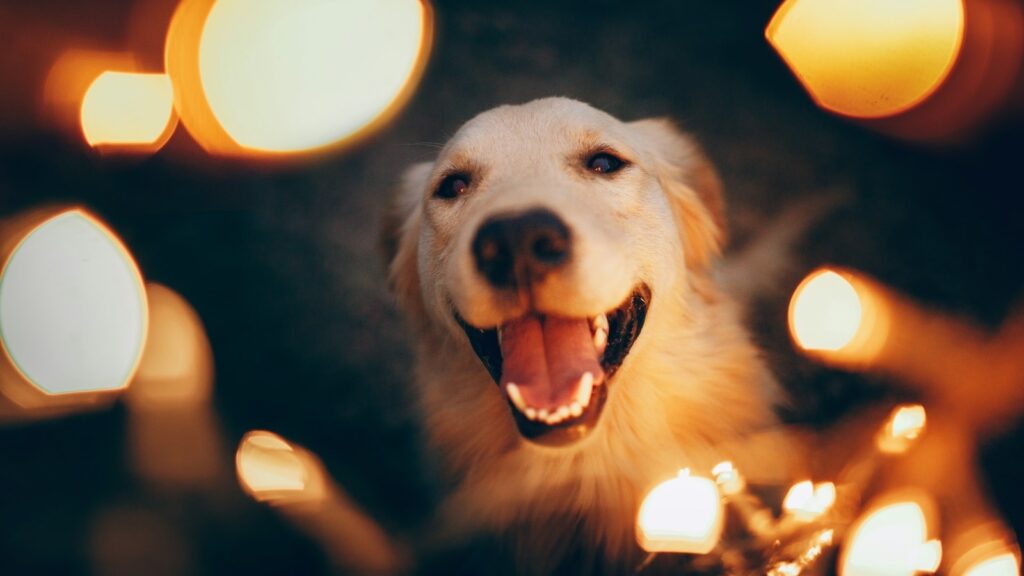Diwali is a time of celebration, but it can also be a difficult time for pets. The loud noise, bright flashes and presence of hazardous substances from fireworks can make this festive season stressful and dangerous. Despite your best efforts to keep your furry friend safe, accidents and illnesses can happen. It is important to know what to do in such situations so that you can get the help you need as soon as possible.
Diwali celebrations can be stressful for pets due to the noise and potential dangers. (unsplash)
Dr Shantanu Karambi, Chief Veterinary Officer, Super Tails, told HT Lifestyle, “During Diwali, pets are extremely sensitive to their environment. It is important to act quickly if this happens.” (Also read: Dogs can understand you better when you use your baby voice, says study)
Here’s a step-by-step guide on what to do if your pet gets injured or sick during Diwali.
1. Please calm down
It’s natural to feel anxious when your pet is injured or unwell. However, it is important to remain calm. Pets can sense your emotions, so if you panic, they can become even more stressed. Taking a deep breath and staying calm will help you deal with the situation more effectively.
2. Assess the situation
Observe your pet carefully to understand the extent of the injury or illness. If your cat is bleeding heavily or is having trouble breathing, this may be a sign of a serious illness and should be seen by a veterinarian immediately. If the condition is less severe, determine if your pet can be temporarily treated at home before taking it to the veterinarian.
3. Provide immediate care when needed.
If your pet’s injury appears to be minor, you can perform basic first aid at home. Make sure the affected area is clean and comfortable. Even if the injury doesn’t seem too severe, it’s important to take your pet to the vet afterwards to rule out internal complications or infection.
4. Watch for signs of illness
Diwali can expose your pet to toxic gases and loud noises, which can make your pet sick. Common signs of illness during this time include vomiting, diarrhea, and fatigue. If you notice any of these symptoms, it is important to take your pet to the veterinarian immediately. Early detection and treatment are the keys to early recovery.
5. Look out for other warning signs
Other symptoms should not be ignored, such as loss of appetite, difficulty breathing, pale gums, increased thirst, fever, coughing, and sneezing. These can be signs of an underlying health problem that requires immediate veterinary attention.
6. Seek professional help without delay
If in doubt, we recommend consulting your veterinarian. Even if your symptoms seem mild, a specialist will accurately assess the situation and recommend appropriate treatment. Early diagnosis is essential to ensure your pet’s health and safety.
Being prepared and knowing what to do in an emergency can make a big difference in keeping your pet safe and healthy this Diwali.

